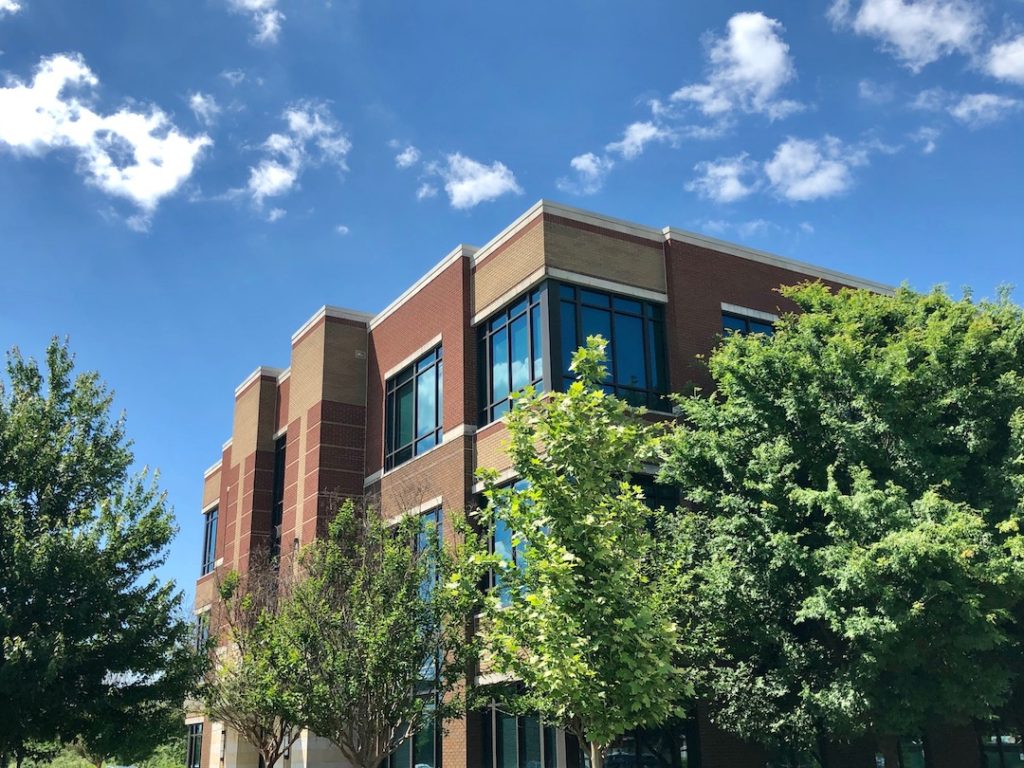The Effect of COVID-19 on Local Hospitals
As the number of COVID-19 cases increased, rural hospital income plummeted. Eighty percent of their revenue was dependent on elective procedures—treatments they were temporarily unable to provide. While some local hospitals faced a surge in patients, others hosted vacant ERs and surgery units. Some medical staff traveled to COVID-19 hotspots, while others lost their jobs. Large health systems even sold assets and furloughed or laid off some of their employees to withstand the financial blow.
COVID-19 placed a heavy burden on healthcare at both the local and corporate levels. Now, as health systems begin to ramp up their elective procedure schedules, they are facing even more challenges. Limited staffing, new safety measures, and hesitant patients top the list of their mounting concerns. Healthcare professionals have manned the frontlines of COVID-19, and now it’s time for their communities to serve them in new ways. Here are a few ways to support local hospitals as they continue to support their patients:
Follow the Local Guidelines
The restrictions and guidelines are ever-changing and vary by location. But it is important to follow the local health safeguards as state economies open across the nation. By wearing masks, using hand-sanitizing stations, and practicing social distancing, each participant is supporting healthcare professionals. As the virus curve flattens, more hospitals can perform elective procedures, allowing them to hire medical staff and keep their doors open.
Continue to Use Telehealth When Possible
Prior to COVID-19, telehealth was becoming more prevalent. But the pandemic significantly expedited its implementation. Roughly 76% of hospitals in the United States now serve patients remotely using a technological platform (email, video, chat, etc.). And in the case of Mount Sinai Health System, telehealth is now even used inside the hospital setting. As Mount Sinai medical professionals attempted to limit in-person visits to hospitalized patients, they used Google Nest to monitor inpatient units. This technology allowed them to communicate with their patients from a workstation rather than making an in-room visit.
According to Becker’s Hospital Review, several hospitals are considering investing in more telehealth resources and physician education. Telemedicine is here to stay. Its availability and uses continue to integrate with medical treatments. During this season, using telehealth supports both the hospital and individual medical practices. Patients can receive much-needed treatments while medical practices incur the cash flow that keeps their practices afloat.
Schedule Elective Procedures
While virtual doctor’s visits are useful for basic health needs, telehealth cannot serve all health issues. In many cases, patients need to schedule in-clinic visits to undergo physical treatments. Many hospitals are now encouraging their patients to begin scheduling their elective procedures. Their backlog of both inpatient and outpatient procedures only continues to grow. And not only can delayed elective procedures potentially cause more urgent medical issues, but many medical practices also depend on that income. Elective procedures keep patients healthy and support the local hospitals that serve them.
Medical Commercial Real Estate
Demand for healthcare facilities has long out-paced inventory. And the pandemic highlighted that deficit for the world to see. Within a matter of a few months, weeks, and even days, hospitals transformed units, built temporary medical facilities, and put a rush on new building projects. With their patients’ well-being in mind, they stretched their resources and adapted their medical real estate. These incredible strides serve as a reminder of the importance of the physical healthcare space.
As medical practices and their health systems begin their financial recovery efforts, they will need the support of their local communities. Their assets, practices, and physicians rely on the trust of their patients. As the world begins to heal from COVID-19, healthcare is also focusing on its recovery and future growth.
If you are interested in learning more about investing in commercial real estate, or if you have questions about buying, selling, or leasing a commercial property, please contact an HBRE advisor. Our team of experienced CRE professionals have the skills and insight to assist with all property transactions. To reach out to us directly, email [email protected] or call 615-564-4133.




